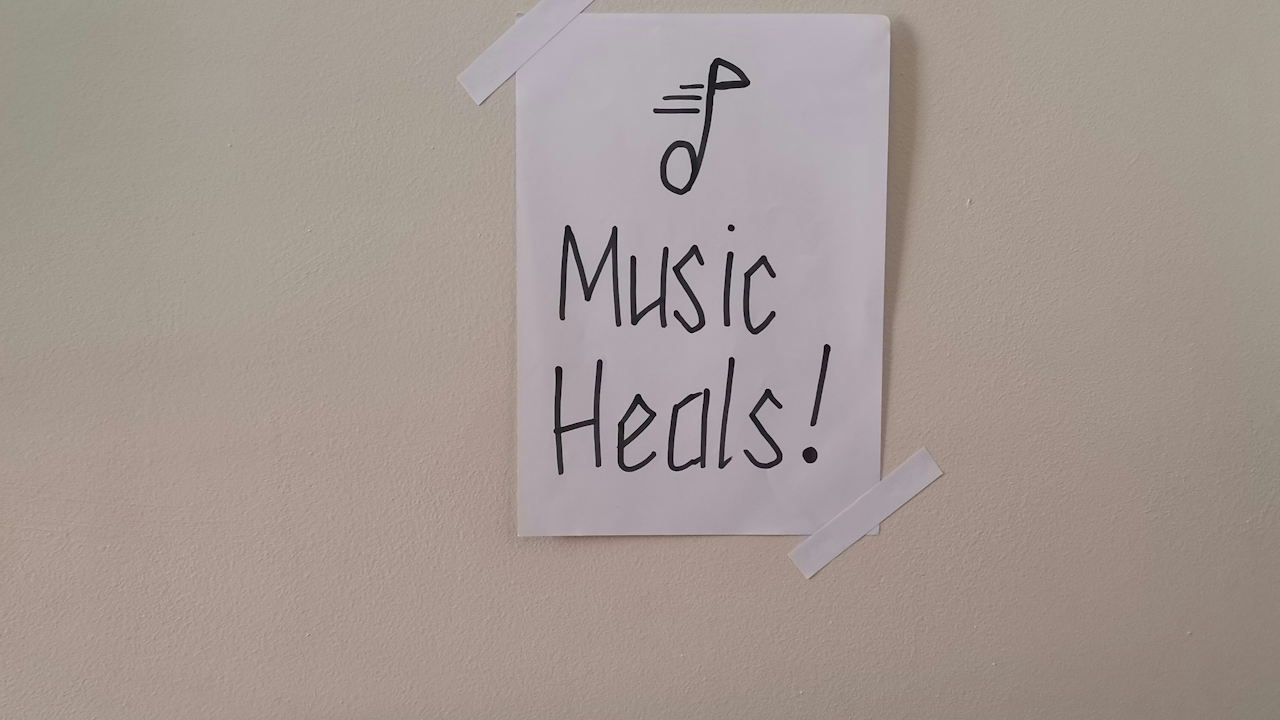Music has long held a special place in human culture, transcending language and geography to touch the deepest parts of our emotional and psychological lives. Whether it’s the lullabies sung to soothe infants or the anthems that define social movements, music is more than entertainment—it’s a powerful force that can influence our state of mind, uplift our spirit, and even heal emotional wounds. In recent years, both scientific research and anecdotal experience have increasingly affirmed what many have intuitively known for centuries: music plays a vital role in supporting and enhancing mental well-being.
At its core, music is a universal language of emotion. Different genres and compositions have the ability to evoke a wide range of feelings, from joy and excitement to sadness and nostalgia. This emotional resonance is not accidental; it stems from the way music interacts with our brain. Studies using neuroimaging have shown that listening to music activates several areas of the brain involved in emotion, memory, and reward, including the amygdala, hippocampus, and the ventral striatum. These responses help explain why a certain song can bring tears to our eyes or instantly transport us to a specific time and place.
Beyond emotional impact, music can serve as a therapeutic tool. Music therapy, a clinical and evidence-based practice, uses musical interventions to achieve individualized goals within a therapeutic relationship. It has been effectively used to help individuals with a wide range of mental health conditions including depression, anxiety, post-traumatic stress disorder (PTSD), and schizophrenia. Therapists may use improvisation, songwriting, lyric analysis, or active listening to help clients explore emotions, develop coping mechanisms, and improve overall psychological functioning.
One of music’s most significant contributions to mental health is its ability to reduce stress. In a fast-paced and often overwhelming world, music can act as a sanctuary. Listening to calming music has been shown to lower levels of cortisol, the hormone associated with stress. Slow tempo and low-pitched music, especially classical and ambient styles, can slow heart rate and breathing, fostering a sense of calm and relaxation. This physiological response supports mental health by reducing feelings of anxiety and promoting restful sleep—an essential pillar of emotional resilience.
Music also fosters social connection, which is a key protective factor for mental health. Group music-making experiences, such as singing in a choir, playing in a band, or attending live concerts, create a sense of belonging and community. These activities encourage cooperation, empathy, and mutual understanding. For individuals experiencing loneliness or social isolation, engaging in musical activities can rebuild social bonds and create opportunities for meaningful interpersonal engagement.
Additionally, music provides a safe outlet for self-expression. For many, articulating complex emotions through words can be difficult. Music offers an alternative mode of expression that is both personal and creative. Writing lyrics, composing melodies, or even just creating playlists can help individuals process emotions and gain insight into their inner worlds. This form of emotional release can be particularly beneficial during periods of grief, heartbreak, or existential uncertainty.
Adolescents and young adults, in particular, may find in music a mirror for their emotional experiences. At a stage of life often characterized by identity formation and emotional volatility, music becomes both a refuge and a means of exploration. The lyrics, rhythms, and themes resonate with their inner struggles and aspirations, offering validation and understanding when other sources might feel distant or judgmental.
Furthermore, music has a unique capacity to inspire motivation and resilience. Upbeat, rhythmic tunes can energize the body and mind, which is why they’re often used in workouts and rehabilitation programs. For individuals dealing with fatigue, lack of motivation, or low mood, music can be a catalyst for action. It taps into the brain’s reward system, releasing dopamine and generating a sense of pleasure and accomplishment, even during mundane or challenging tasks.
Importantly, the impact of music on mental well-being is not limited to passive listening. Actively engaging with music—whether through singing, dancing, learning an instrument, or composing—offers even deeper psychological benefits. These activities require concentration, coordination, and creativity, all of which enhance cognitive functioning and foster a sense of mastery. Mastering a musical skill can build self-esteem and provide a lasting source of pride and enjoyment.
In the digital age, access to music has never been easier. Streaming platforms, online radio, and curated playlists mean that individuals can tailor their musical experiences to suit their emotional needs in real time. Personalized playlists can be used for everything from managing anxiety during a commute to winding down after a long day. This accessibility empowers people to use music intentionally as part of their daily mental health routines.
As our understanding of mental health deepens, the integration of music into holistic wellness strategies continues to grow. Schools, workplaces, and healthcare settings are increasingly recognizing the value of incorporating music-based initiatives. From mindfulness programs that use soothing sounds to corporate playlists designed to boost productivity, the applications are as diverse as they are effective.
Ultimately, the role of music in mental well-being is a testament to its profound connection to the human experience. Whether used in clinical settings, community programs, or private rituals, music offers a unique and powerful way to care for the mind. It has the capacity to soothe, energize, connect, and transform—a silent ally in the journey toward emotional balance and psychological health.


